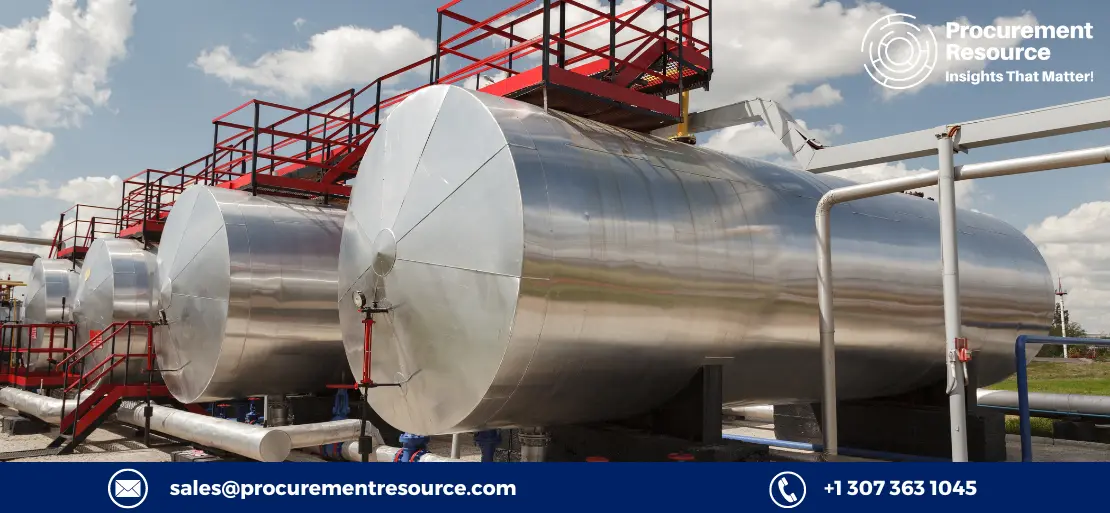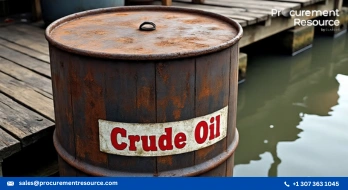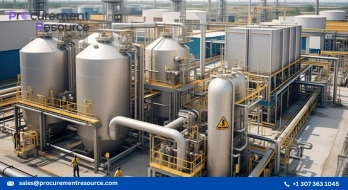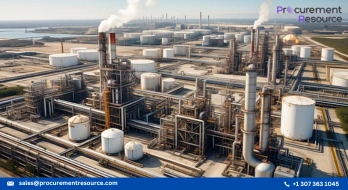The USA Imposed Sanctions on Nine Iranian Companies for Producing, Selling, and Shipping Iranian Petroleum and Petrochemicals in Asia

The U.S. Department of Treasury announced sanctions on nine firms for producing, selling, and exporting Iranian petroleum and petrochemicals in Asia, stepping up measures to put pressure on Iran's finances.
The Office of Foreign Assets Control (OFAC) of the Department of the Treasury imposed sanctions on six Iranian petrochemical producers or their subsidiaries as well as three businesses in Malaysia and Singapore that helped Triliance Petrochemical Co. Ltd., an entity that was flagged in 2020, for selling and shipping oil and petrochemicals.
According to the Treasury, the nine organisations that were sanctioned have played a major role in the manufacture, sale, and shipment of hundreds of millions of dollars’ worth of Iranian petroleum and petrochemicals to purchasers in Asia.
Request Access For Regular Price Update of Crude Oil
In defiance of American sanctions, Iran is rapidly selling its petrochemical and petroleum goods to customers in East Asia.
The United States will keep enforcing its sanctions against those who knowingly enable this trade while focusing on Tehran's sources of illegal income.
The Treasury warned that anybody who conducts specific transactions with the people and organisations listed will be a risk of being subject to sanctions or enforcement action themselves.
The United States imposed sanctions on 13 businesses in several countries in November 2022 for their involvement in the export of Iranian petroleum goods to customers in East Asia.
Since 2018, when then-President Donald Trump withdrew the United States from the infamous Iran nuclear deal and re-imposed sanctions on the Islamic Republic's oil exports, Iran's oil and petrochemicals industry, and exports have been subject to U.S. penalties. Iran's crude oil exports are therefore secretly shipped to Asia, primarily to China, to get around American sanctions. As a result, Iran's crude oil production has decreased.
The Joint Comprehensive Plan of Action (JCPOA), often known as the Iranian nuclear deal, negotiations between Iran and the major international powers came to a standstill last year, and there have been no signs that they would pick up anytime soon.
By 2026, Iran Will Have the Middle East's Highest Refinery Capacity Addition
13% of the Middle East's total active (operating) refinery capacity is held by the United Arab Emirates (UAE). During the projection period, an increase in refinery capacity of 278 mbd is anticipated for the nation. By 2026, the massive refinery project called Ruwais will add 203 mbd to its current capacity.
With a 10% share in the Middle East's operating refinery capacity in 2022, Iraq is the region's fourth-largest contributor. By 2026, it would represent 26% of all capacity expansions in the Middle East.
The Middle East's active refinery capacity is also significantly influenced by Turkey and Kuwait, with respective shares of 6.7% and 6.6%. By 2026, it is anticipated that these nations will have added a total of 643 mbd of capacity.
With a capacity of 3,325 mbd, Saudi Arabia has the biggest share of the active refinery capacity in the Middle East (27%). The Jubail II refinery is expected to contribute a little amount of capacity of around 20 mbd to the nation between 2022 and 2026.
Read More About Crude Oil Production Cost Reports - REQUEST FREE SAMPLE COPY IN PDF
Iran with a capacity of 2644 mbd held a 22% share of the Middle East's operational refinery capacity in 2022. Between 2022 and 2026, new construction and development projects would increase the nation's capacity by 1,431 mbd. The biggest future refinery project in the nation, known as Siraf, is scheduled to begin operations in 2025 and have a 360 mbd capacity.
As per Procurement Resource, the U.S. Department of Treasury stepped up efforts to put pressure on Iran's finances by announcing sanctions against nine companies for producing, marketing, and exporting Iranian petroleum and petrochemicals to Asia.
Six Iranian petrochemical producers or their subsidiaries, as well as three companies in Malaysia and Singapore that assisted Triliance Petrochemical Co. Ltd., a company that was outlawed in 2020for retailing and transporting oil and petrochemicals, were subject to sanctions by the Office of Foreign Assets Control (OFAC) of the Department of the Treasury.



